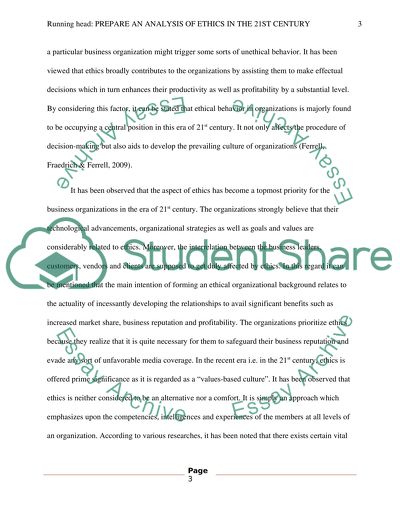Cite this document
(The Nature of Ethics in the World of Financial Market Essay Example | Topics and Well Written Essays - 1500 words, n.d.)
The Nature of Ethics in the World of Financial Market Essay Example | Topics and Well Written Essays - 1500 words. https://studentshare.org/environmental-studies/1458159-the-nature-of-ethics-in-the-world-of-financial-market
The Nature of Ethics in the World of Financial Market Essay Example | Topics and Well Written Essays - 1500 words. https://studentshare.org/environmental-studies/1458159-the-nature-of-ethics-in-the-world-of-financial-market
(The Nature of Ethics in the World of Financial Market Essay Example | Topics and Well Written Essays - 1500 Words)
The Nature of Ethics in the World of Financial Market Essay Example | Topics and Well Written Essays - 1500 Words. https://studentshare.org/environmental-studies/1458159-the-nature-of-ethics-in-the-world-of-financial-market.
The Nature of Ethics in the World of Financial Market Essay Example | Topics and Well Written Essays - 1500 Words. https://studentshare.org/environmental-studies/1458159-the-nature-of-ethics-in-the-world-of-financial-market.
“The Nature of Ethics in the World of Financial Market Essay Example | Topics and Well Written Essays - 1500 Words”. https://studentshare.org/environmental-studies/1458159-the-nature-of-ethics-in-the-world-of-financial-market.


